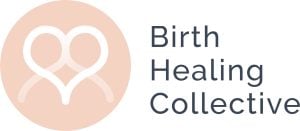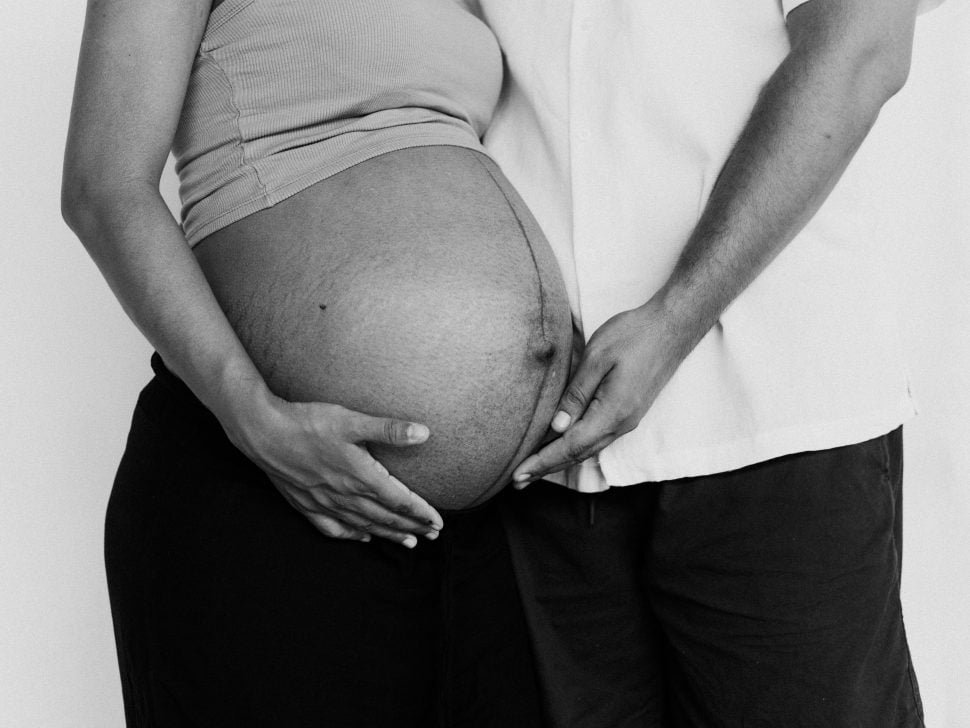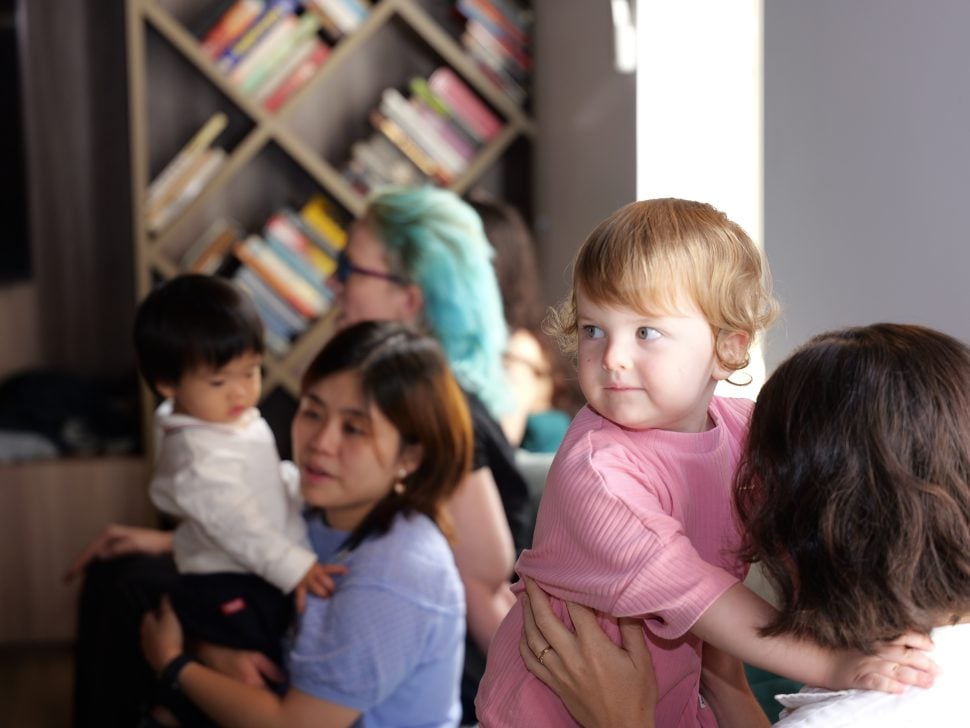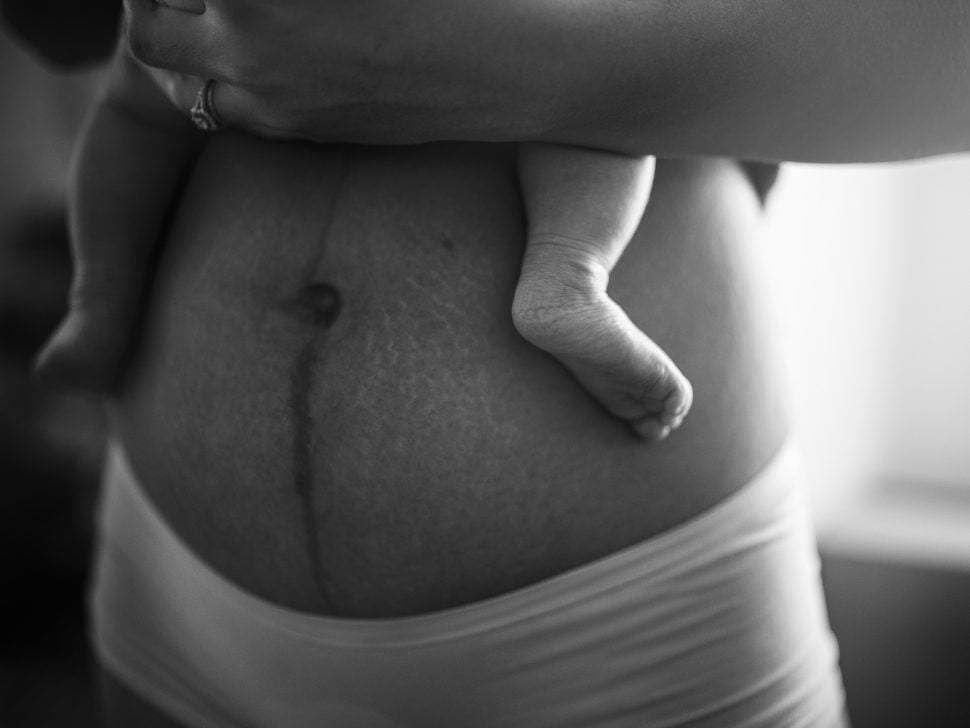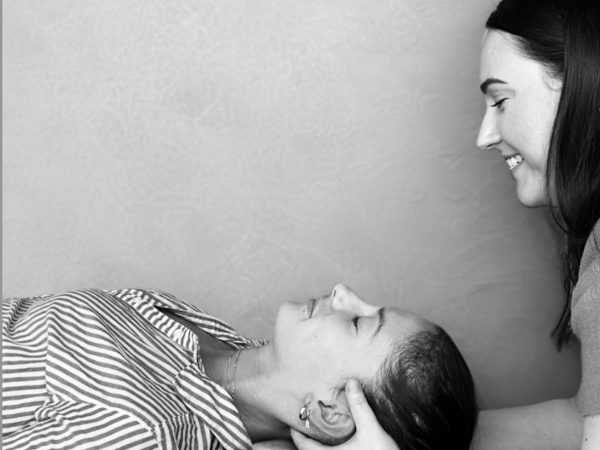
Alana Colahan Chiropractic
Hi, I’m Alana Colahan – an integrative chiropractor passionate about supporting women, babies and families through every stage of life. My approach to care is holistic and family-focused, blending gentle chiropractic techniques with a deep understanding of the unique needs of mums and little ones.
I have completed further postgraduate studies in women’s health, pregnancy, postpartum and paediatrics, which gives me additional knowledge and training to care for mothers and children. My focus is on providing thoughtful, individualised care with an integrative approach, including lifestyle, diet and exercise guidance, tailored to the needs of mums and little ones to help you and your family feel supported and thrive.
I support women and families with many different concerns, including:
- Newborns: gentle checks post birth, unsettled behaviour, feeding difficulties, torticollis, tongue tie, hip dysplasia, head asymmetry, nervous system regulation after birth
- Infants & Children: support for developmental milestones, primitive reflex integration, nervous system balance to aid growth, movement and learning
- Pregnancy: birth preparation, optimal maternal positioning, nervous system regulation to support a calm, balanced body
- Pregnancy-Related Discomfort: pelvic girdle or pubic symphysis pain, round ligament tension, low back pain, hip pain, sciatica
- Women’s Health: preconception and fertility care, postpartum recovery, hormone balance, perimenopause and menopause support




